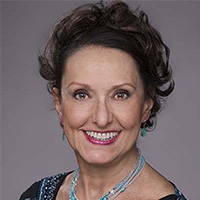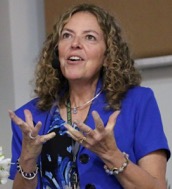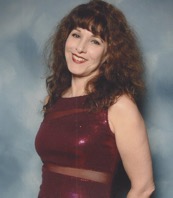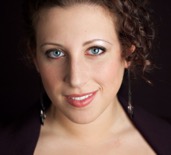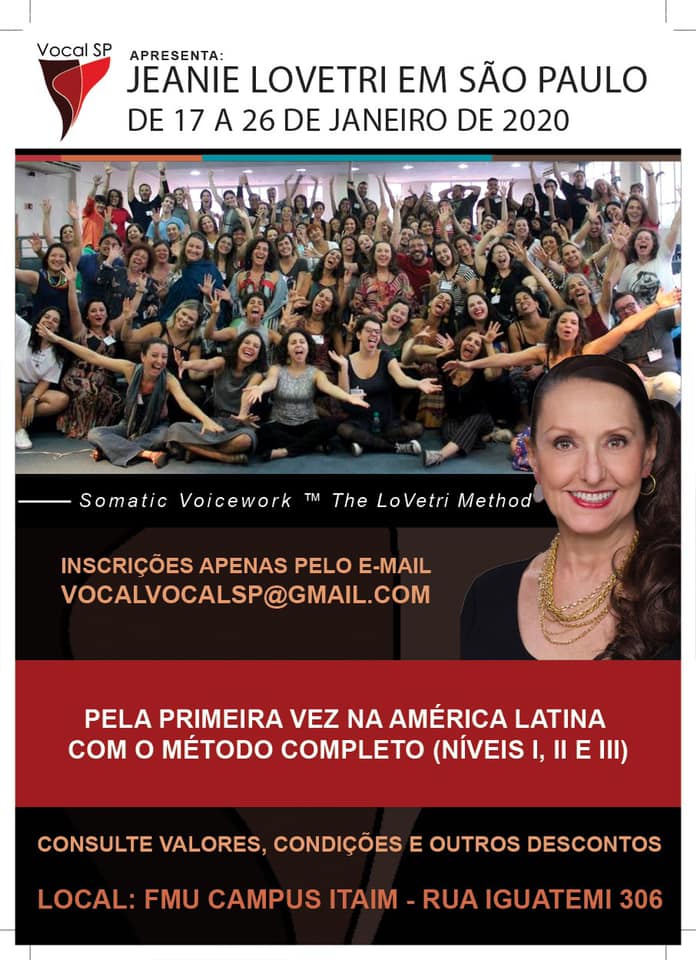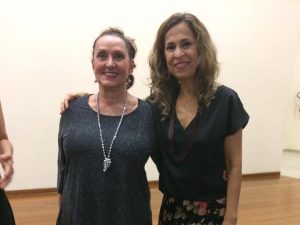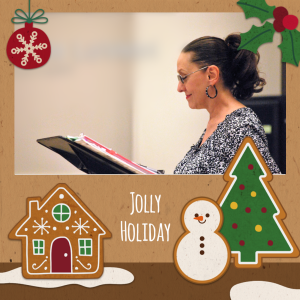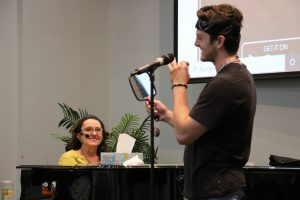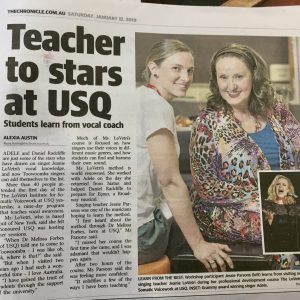When dealing with anyone who doesn’t know he doesn’t know, it is very easy to be unintentionally insulting. To some extent the person on the receiving end of any information is an easy mark re having their ego bruised. Leading an individual into discovering what they don’t know (which could be the size of the Grand Canyon) is tricky business.
There are so many ways not to know that you don’t know. Vocal, musical, expressive, stylistic, physical, coordinative, professional………..each area has its own arena and parameters and each must be learned and respected as we progress up the ladder in the profession of singing or teaching singing (and remember, they are not the same.) All of us start out being ignorant (except perhaps true child prodigies) and must discover basic information along the way. Hopefully, teachers guide us to uncover what we don’t know but that’s not always the case. If you are a diplomat in government service before you go to a new country an expert will guide you in learning about the customs and protocol of that country so you can avoid making a mistake that could be a serious breach.
I have recently worked with a young man who is a singer/songwriter who has had some degree of success mostly on his own resources. He has had little formal musical training and has done almost no work on his voice. He was having vocal fatigue issues aggravated by reflux. Certainly he has a decent voice and is musical enough but he seemed to fancy himself to be both a great vocalist and an even better singer/songwriter. The idea that people actually work to get better at both of those things was unknown to him and the idea that maybe he wasn’t quite as accomplished as he thought had never occurred to him. Further, that some of what he was doing was adding to his vocal troubles had also not occurred to him. When asked to make modifications to what he did while he was singing and playing the piano, he was startled. The prospect of changing his own behavior seemed to him like an affront. Oh dear. I rarely encounter that attitude with high-level professionals. They assume they are seeing me for help, they listen and attempt to do what I ask because they also assume I have their (not my) best interests at heart. Especially at this point in my life and career I am interested only in being helpful. That’s enough.
Being willing to learn means that you must be humble enough to assume you have something to learn and that another person has more or better information than you. It’s surprising to know how many people who say they want to study do not have that attitude. Consequently, these folks don’t get anywhere in their learning process. If you really want to learn, even when advice comes at you from left field and seems like wouldn’t be at all what you thought you needed, if you actually wanted to risk growing, you would have to try to assimilate that info and see how it works in use. In fact, sometimes the more unexpected the help is, the more valuable it can be. If you know that you don’t know you have no reason to resist training suggestions. You can happily examine the information, try it out for a while and see for yourself how things turn out.
If you are offended by new information about yourself, you should ask why that would be the case. If you already know, that information will roll right off. If you don’t know and don’t know you don’t, you can’t get anywhere with any information. Perhaps, some day, if you hang around long enough with people who have actual knowledge to share, you might wake up to your own ignorance, but that’s not a given. If you know you don’t know then admit it and learn.
We all have blind spots. We all have aspects of our personalities that are obvious to others and are not known to us at in any way. If you are able to criticize yourself it allows others to be able to offer criticism (but not nasty criticism) to you about yourself without trepidation. If no one ever tells you anything about yourself that might be construed as “good advice” you should ask yourself why not. Maybe you don’t know something about yourself that would be good to know.
